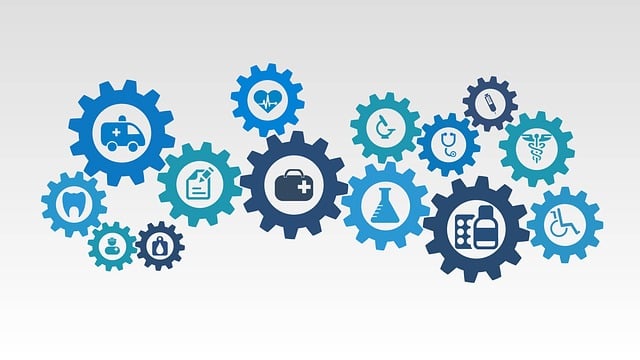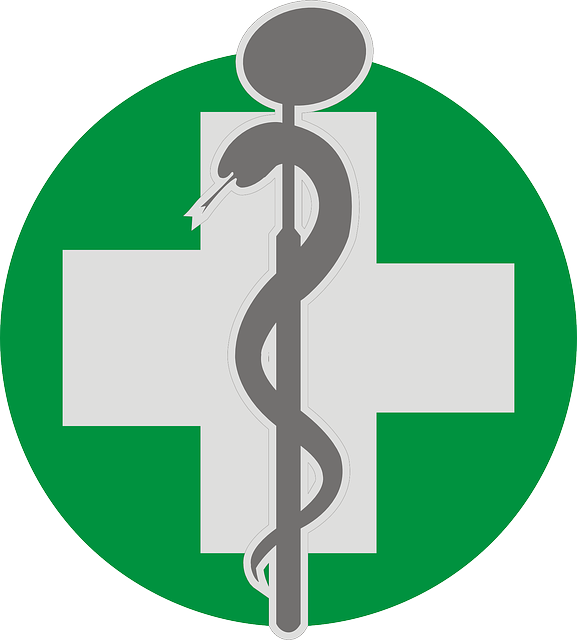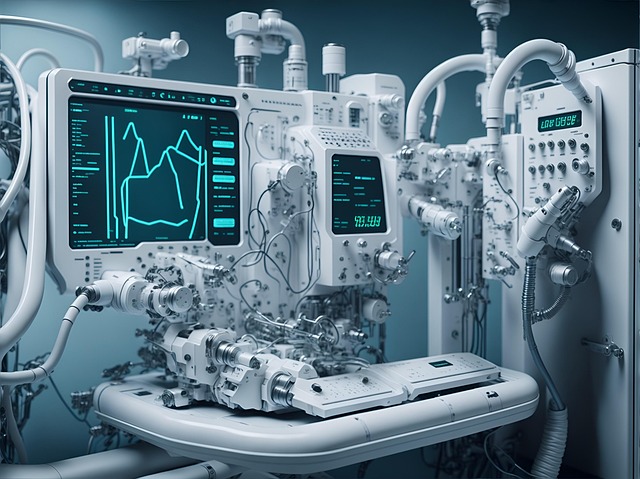In South Africa, choosing between a hospital plan and medical aid depends on individual healthcare needs and budget. Hospital plans focus on in-patient care with faster access to specialists, while medical aids cover a broader spectrum of services including outpatient care and routine check-ups. Medical aids provide more comprehensive protection for regular medical services but have varying premiums and waiting periods. To decide, understand the unique benefits, exclusions, and network restrictions of each option based on your specific health requirements and associated costs.
In South Africa, understanding the difference between hospital plans and medical aid schemes is crucial for making informed healthcare decisions. This guide aims to clarify these distinct types of health coverage options, helping you navigate the complexities of South African healthcare. We’ll explore hospital plans’ comprehensive overview, medical aid’s basics, and an in-depth comparison of their coverages, costs, and access to providers. By considering your unique needs and financial situation, this article ensures you choose between a hospital plan or medical aid with confidence, determining which is better suited for your circumstances.
- Understanding Hospital Plans: A Comprehensive Overview
- – Definition and how they work
- – Types of hospital plans available in South Africa
- – Key benefits and limitations
- Medical Aid Schemes: Unpacking the Basics
- – Explanation of medical aid and its purpose
Understanding Hospital Plans: A Comprehensive Overview
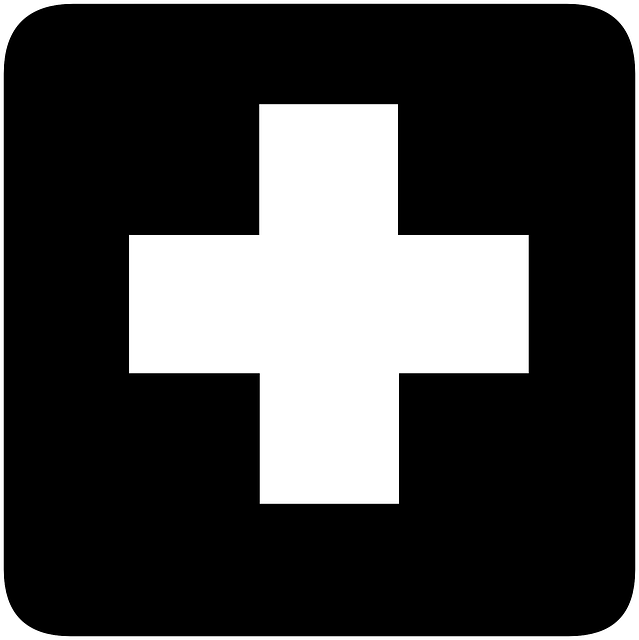
In South Africa, understanding your healthcare options is crucial, especially when it comes to choosing between a hospital plan and medical aid. While both offer essential cover for medical expenses, they differ significantly in their approach and benefits. Hospital plans are designed to provide access to private hospital care, focusing on in-patient treatments and procedures. These plans usually come with a network of affiliated hospitals, offering a range of services from general medicine to specialist care. The main advantage lies in the flexibility to choose any hospital within the network, ensuring peace of mind during emergencies or when specialised treatment is required.
When comparing which is better between a hospital plan and medical aid, it’s essential to consider your healthcare needs and preferences. Hospital plans excel in offering comprehensive cover for various medical procedures, often with faster access to care due to their private network. However, out-of-pocket expenses can be higher, as you may need to pay gaps in coverage or additional fees not included in the plan. Medical aid, on the other hand, typically involves a contribution (premium) paid by the member, providing cover for a range of medical services, including hospital stays and specialist consultations. It’s important to review the specific benefits and exclusions to ensure the chosen option aligns with your healthcare expectations and financial capabilities.
– Definition and how they work
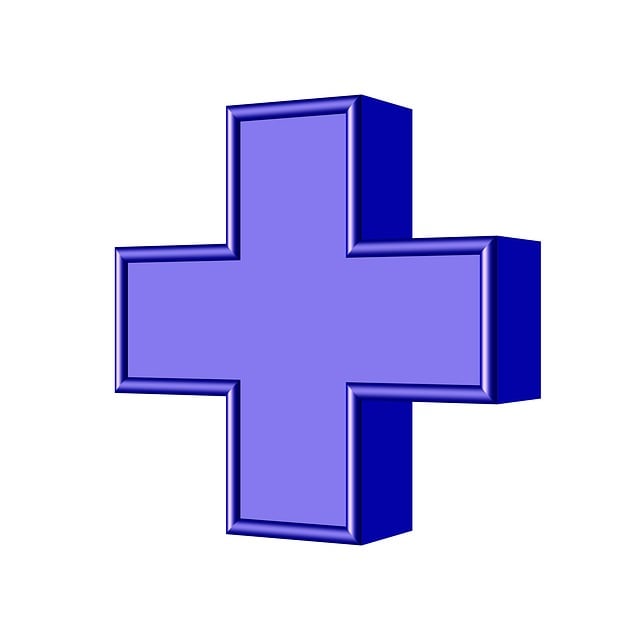
In South Africa, both Hospital Plans and Medical Aids are designed to provide healthcare coverage, but they operate differently. Which is better? It depends on your needs, budget, and personal preferences. A Hospital Plan typically covers in-patient care, including hospital stays and related medical procedures. It offers peace of mind by ensuring you can access quality healthcare when needed, often with faster access to specialists and hospitals of your choice. However, these plans usually have limited or no cover for outpatient treatments, routine check-ups, and prescription medication.
On the other hand, Medical Aid provides a broader range of benefits, including coverage for hospitalisation, specialist consultations, day surgery, and most medical procedures. Many Medical Aid schemes also include outpatient care and prescription drugs within their packages. While Medical Aid plans often come with monthly contributions or premiums, they might offer more comprehensive protection, especially if you require regular medical check-ups or chronic condition management. Understanding these distinctions is crucial when choosing between a Hospital Plan and Medical Aid to ensure you’re adequately covered for your healthcare needs.
– Types of hospital plans available in South Africa

In South Africa, individuals have a variety of hospital plans to choose from, each with its own unique features and benefits. The most common types include private hospital insurance, which is often offered by employers or purchased individually, and government-subsidised schemes like MEDISSA and AYASASA aimed at providing affordable healthcare for specific demographics. Private hospital plans can be further categorised into several schemes: in-network providers (where you pay less when using approved hospitals and doctors), out-of-network options (which may offer more flexibility but usually come at a higher cost), and preferred provider organisations (PPOs) that allow members to access a wide range of healthcare facilities at different cost levels.
When considering which is better between a hospital plan and medical aid, it ultimately depends on individual needs and circumstances. Hospital plans tend to focus more on the actual treatment and care received within hospitals, while medical aids cover a broader spectrum including preventive care, routine check-ups, and some outpatient services. Understanding the specific benefits, exclusions, and network restrictions of each type is crucial in making an informed decision.
– Key benefits and limitations
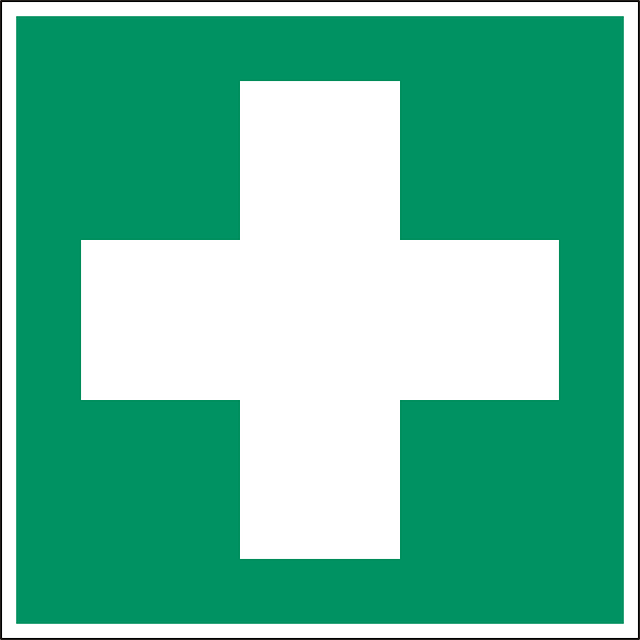
Key Benefits and Limitations
When comparing Hospital Plan vs Medical Aid, understanding their unique strengths is essential to determine which is better suited for your needs. Medical Aid offers a comprehensive package that includes not just inpatient care but also outpatient services, specialist consultations, and chronic disease management. It’s known for its preventative healthcare approach, encouraging regular check-ups and screenings. However, the limitations include potential waiting periods for specific treatments and procedures, as well as varying levels of cover depending on the chosen plan.
Hospital Plans, on the other hand, provide immediate access to hospital treatment with shorter waiting times. They cater specifically to inpatient care, making them ideal for unforeseen circumstances or major medical events. Yet, their focus is primarily on acute care, lacking the broader range of services offered by Medical Aid. Additionally, Hospital Plans often have higher monthly premiums and may not cover routine check-ups or specialist visits as extensively.
Medical Aid Schemes: Unpacking the Basics

Medical Aid Schemes provide a comprehensive healthcare safety net for members, offering access to various medical services at designated hospitals and clinics. Unlike Hospital Plans, which focus solely on inpatient care, Medical Aid covers both in-patient and out-patient treatments, including regular check-ups, specialist consultations, and emergency care. Members typically contribute monthly premiums to cover these benefits.
When considering Which Is Better Hospital Plan Or Medical Aid, understanding the scope of coverage is key. Medical Aid schemes tend to have broader reach, providing peace of mind for a wide range of medical needs. However, the cost of premiums can vary widely depending on the scheme and individual health factors.
– Explanation of medical aid and its purpose

Medical aid, a vital component of South Africa’s healthcare system, is designed to provide individuals and families with financial protection against the often high costs associated with medical treatment. It operates as a private insurance scheme, aiming to ensure that members have access to quality healthcare services while also offering peace of mind. When comparing which is better, hospital plans or medical aid, understanding their distinct roles is crucial.
Medical aid schemes typically cover a wide range of medical expenses, including doctor consultations, hospital stays, and various procedures. They offer different levels of coverage, with some focusing on comprehensive care while others cater to specific needs. In contrast, hospital plans are often more focused on the actual hospitalization costs, providing financial assistance during an inpatient stay at a registered hospital. While both serve to alleviate the financial burden of healthcare, medical aid offers a broader spectrum of benefits and services, making it a comprehensive solution for ongoing healthcare needs.
When deciding between a hospital plan and medical aid, understanding your healthcare needs and budget is key. Both options offer unique advantages in South Africa’s diverse health landscape. While hospital plans provide comprehensive cover for hospital stays and related services, medical aid schemes focus on preventing and managing diseases through various wellness benefits. Ultimately, the best choice depends on individual circumstances; considering factors like network providers, out-of-pocket expenses, and personal health goals can help you determine if a hospital plan or medical aid scheme aligns better with your needs, ensuring access to quality healthcare while making informed financial decisions.

